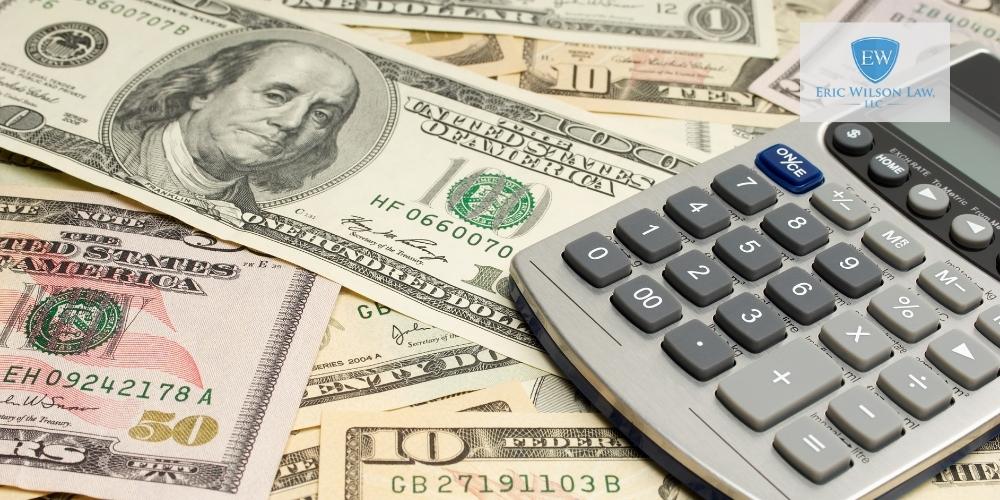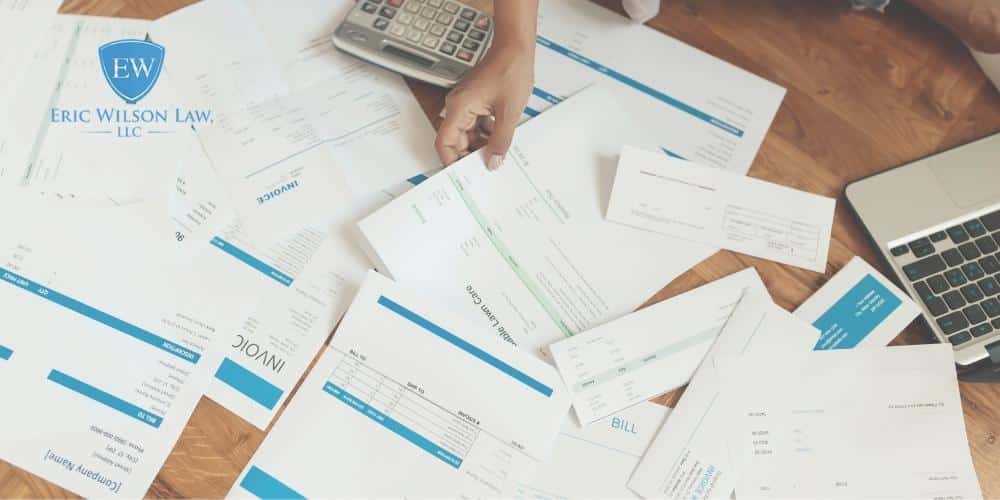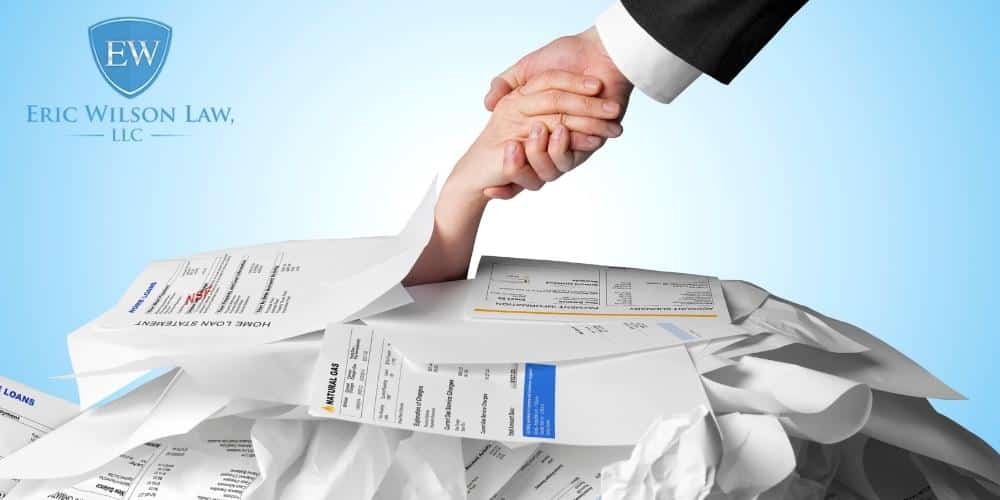Release of Judgment
After a debt to your creditors has been paid, how do you proceed? How do you get the judgment released from your credit report so it will stop bringing your score down? A release of judgment is a legal document that says you are free and clear of the debt. At Eric Wilson Law, LLC, our bankruptcy team focuses on getting you back onto solid financial ground. For caring and compassionate help with all your bankruptcy woes, call Eric Wilson today at 205-349-1280.

What Is a Judgment?
Let’s start by learning what a judgment actually is. A judgment (often spelled ‘judgement’) is the official decision of a lawsuit, usually in the form of a court order. If a creditor sued you and won the lawsuit, they have a judgment against you. As long as there is a judgment against you, your creditors can pursue collection efforts using stronger tools than letters and phone calls. This can include a lien on your property, wage garnishments, and even garnishments on your bank account. If you have a judgment against you, you are a judgment debtor and your creditor becomes a judgment creditor.
Am I a Judgment Debtor?
Judgment debtors are the opposite of judgment creditors. This simply means that instead of a normal debtor/creditor relationship, there is a lawsuit involved. A debt collection lawsuit can be a stressful situation, and the situation can get worse if you ignore it. If you ignore the lawsuit, the judgment usually rules in favor of the creditor since you are not there to present evidence to the contrary. The creditor can receive a judgment against you for the total amount the creditor claims you owe and any interest and court costs.

What is a Release of Judgment?
A judgment release is a document signed by the creditor saying that you have met your legal obligation to pay the debt. This is often called a release of judgment, a satisfaction of judgment, or a release and satisfaction of judgment. A judgment release is a form showing you have paid the original judgment. After a judgment release has been filed with the court, the creditor can no longer pursue civil action against you for the debt.
What Happens After a Judgement is Paid?
After a judgment is satisfied (paid), the creditor signs a release of judgment form and files it with the court clerk. It then becomes a permanent part of the case record and cannot be revoked. Once the satisfaction of judgment form is filed, the civil action against you stops. This means the creditor cannot come after you for more money or continue any garnishments.
How to Get Satisfaction and Release of Judgement
The easiest way to get a satisfaction and release of judgment is to pay the entire amount of the original judgment. In some cases, you can offer a lump sum payment for less than the amount owed. Sometimes a creditor will accept this over a years-long payment plan. The release of judgment must be signed and filed with the court by the creditor, so make sure to have the agreement in writing.
Is a Release of Judgment Important?
A release of judgment is an important form to have because it shows you have met all legal obligations to pay your debt. Getting a release of judgment means that creditors cannot try to renew the judgment and get more money from you. Unpaid judgments appear on your credit report, and having an unpaid judgment can have a severe negative impact on your credit.
Who Files a Satisfaction of Judgement?
The plaintiff is responsible for filing the release of judgment form with the court. Once you send your final payment, the judgment creditor should sign the satisfaction of judgment form and file it with the court clerk. If the judgment creditor refuses to automatically send in the satisfaction of judgment, you can petition the court and provide other proof that you have satisfied the debt.
How to Remove Judgments from Credit Report
An unpaid judgment on your credit report can affect your ability to get a mortgage, new credit card, and car loan. To get a paid judgment to show on your credit report, you can send the signed release of judgment form to the three major credit bureaus. The judgment release should appear automatically on your credit report, but there are steps you can take if it doesn’t appear. You can start by disputing the judgment with the credit bureaus. They will verify the debt and since the judgment release has been granted, they will not be able to validate the debt.

Contact a Tuscaloosa Bankruptcy Attorney Today
At Eric Wilson Law, LLC, our dedicated attorney is ready to help pull you from under a mountain of debt. Our experienced bankruptcy attorney is by your side every step of the way. We understand the incredible amount of stress and worry that comes with financial distress. Our law firm is a debt relief agency, and we help people file for bankruptcy relief under the Bankruptcy Code. For more information about how we can help you, call us today at 205-349-1280.
Practice Areas
Office Location
Eric M. Wilson, LLC
1902 8th St Tuscaloosa, AL 35401
205-708-2115
Tuscaloosa Law Office Map and Directions
